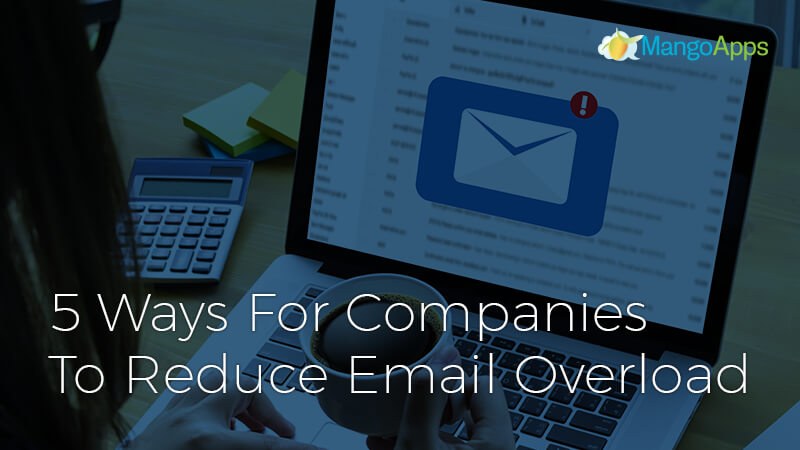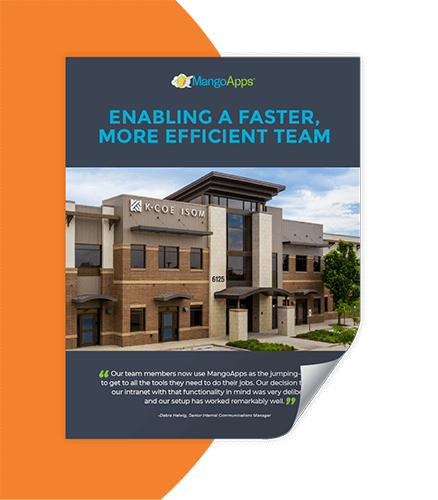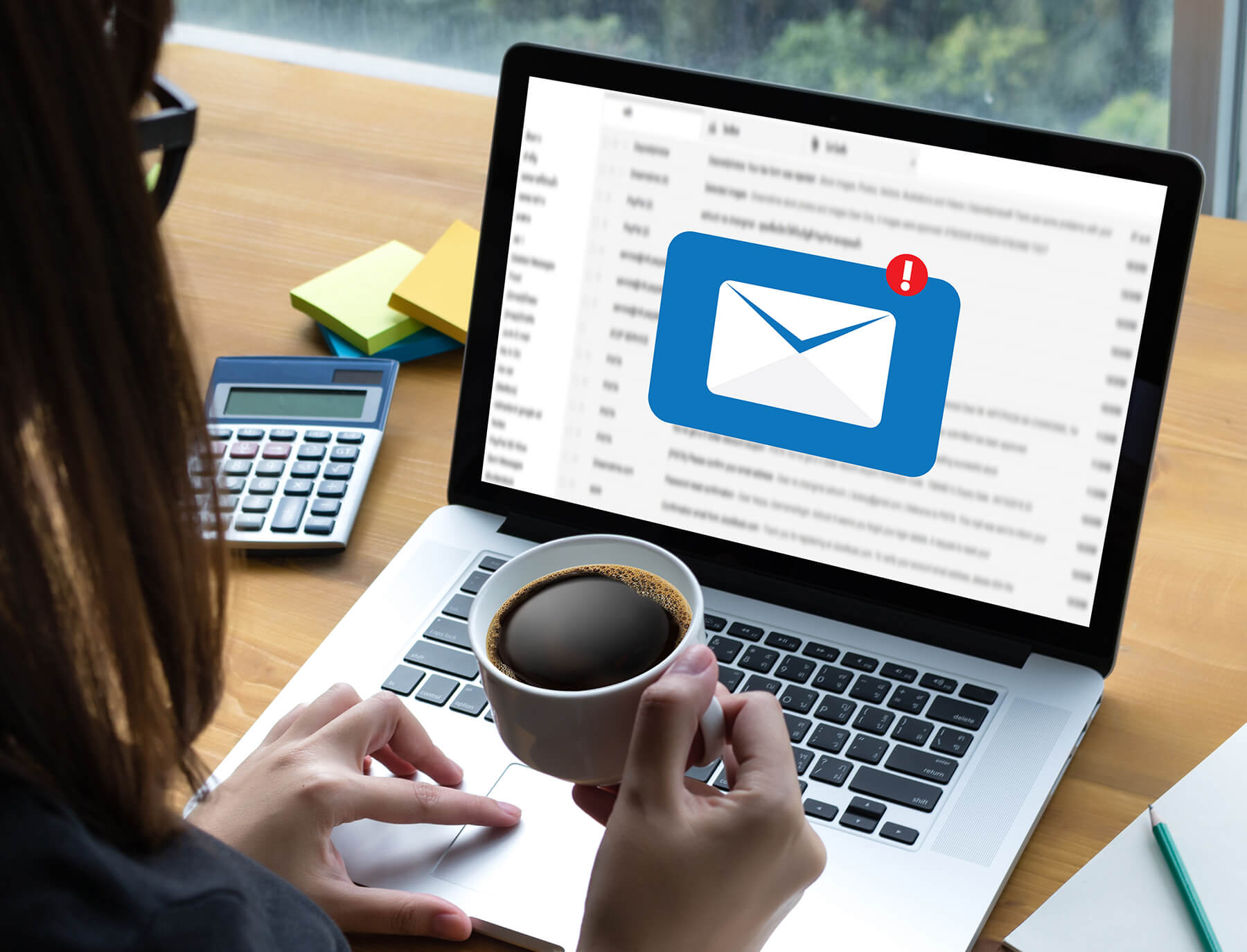
With close to 150,000 emails being sent globally every minute, it’s no surprise that the average office worker spends close to 13 hours a week processing emails. Many of those emails are redundant, unimportant, or irrelevant to the receiver, resulting in hours of unproductive time. So how can companies help prevent inbox bloat?
Here are the top 5 ways companies can reduce email overload and encourage successful communication:
#1: Collaboration Tools
Having an integrated collaboration tool is a great way to reduce email overload. This ensures that key emails are tracked and employees are notified about updates. This is especially important when employees use a single email for both personal and office use. Collaboration tools can even replace emails by creating a centralized location for communication and company information. Additionally, collaboration tools can sync with an employee’s calendar and send automatic reminders about upcoming events. This encourages organization and communication, while benefiting the company and its employees.

How K·Coe Isom Ditched Corporated Email
Learn how K·Coe Isom, a top 100 accounting firm, replaced email and brought all internal collaboration into MangoApps.
#2: Organization and Filters
Email marketing has a median ROI of over 122%. While that might be good news for businesses in general, for an employee, it often means an inbox flooded with promotional messages. If an employee wants to sort important work emails from unnecessary junk, it is vital for them to set inbox labels and filters. How an employee organizes their own inbox often comes down to personal preference. An inbox, for example, could show company emails first or have enabled notifications for priority messages. Whatever you choose, some kind of system needs to be in place. Organizing your inbox can make the difference between keeping up with important announcements and having to declare email bankruptcy.
#3: Light and Lean Inboxes
Employees should avoid subscribing to promotional material, newsletters and other non-work-related subscriptions from their office email. Enough extra promotional material will end up in your inbox without you asking for it. Spending some time now to unsubscribe from promotional emails will save you from hundreds of future unwanted emails and will make it much easier to keep a clutter-free inbox. Sometimes it is even necessary to block a sender so that they become more responsible in the future. Work-related emails that are no longer active need to be archived and moved out of the inbox. Lastly, any ongoing email threads should always be as succinct and clear as possible.
#4: Fixed Response Times
Setting aside a few minutes at a set time every day to tackle an inbox can make a huge difference in the effort to reduce email overload. Even when employees are on vacation, spending just 10 minutes to check the office inbox can ensure that they are caught up on important events. This way, any critical communication can be acknowledged or seen. When you decide to dedicate your time to managing your email is up to you. Choose a time that works best for your schedule, but try to be consistent and do it every day.
#5: Reusable Templates
Many official emails could be answered with the same reply, especially when all that is needed is a simple acknowledgment. Designing a few templates that match your most common email circumstances will save you time and reduce email overload in the long run. Having a template will make answering emails simpler and more straightforward. Preplanned templates can also ensure that emails include all of the important information. This saves the employees from the hassle of having to go back over information or resend emails if information was forgotten.
As you can see, most of the tips we shared here to reduce email overload depend on employees changing their email practices. Organizations need to conduct regular training programs to ensure employees practice good email habits.
MangoApps
At MangoApps, we provide an integrated collaboration tool that can help employees work together to reduce wasted time and communicate better. Contact us to learn more about how we work with companies to increase outcomes and improve collaboration.







